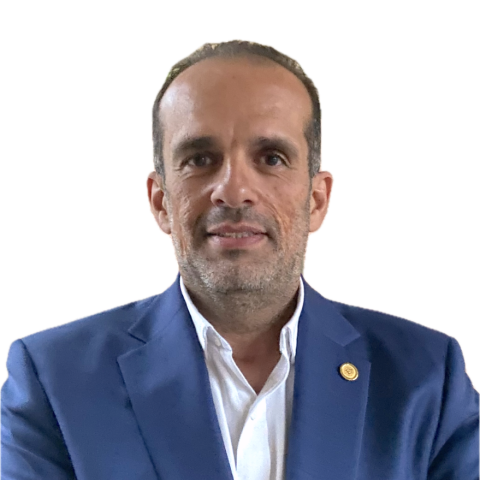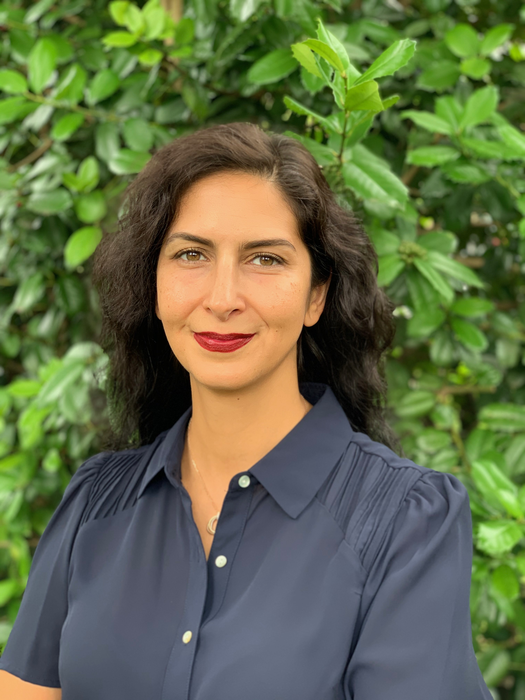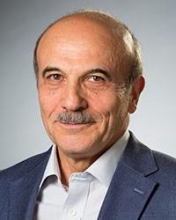Annie Anton

Annie Anton, Ph.D., is a professor in the School of Interactive Computing at Georgia Tech, which she chaired until 2017. Previously, she served as a professor in the Computer Science Department of the College of Engineering at North Carolina State University, where she was director of the CSC Policy and Compliance Initiative and a member of the NCSU Cyber Defense Lab. In 2010, she chaired the NC State University Reappointment, Promotion and Tenure Committee. In 2008, she chaired the NC State Public Policy Task Force. Anton's research focuses on methods and tools to support the specification of complete, correct behavior of software systems used in environments that pose risks of loss as a consequence of failures and misuse. This includes systems in which the security of personal and private information is particularly vulnerable. Current extensions to this work, include the analysis of federal security and privacy regulations, and compliance practices. Anton is the founder and director of ThePrivacyPlace.org, a research group of students and faculty at Georgia Tech, CMU, NC State and UMBC. This group is interested in technologies that assist practitioners and policy makers in meeting the challenge of eliciting and expressing policies and regulations (a form of requirements). These tools help ensure that software systems are aligned with the privacy polices and regulations that govern these systems. Her professional activities include a notable combination of multi-disciplinary research and education. She is co-founder of the annual Requirements Engineering and the Law Workshop (RELAW). She is a former associate editor for IEEE Transactions on Software Engineering, cognitive issues subject area editor for the Requirements Engineering Journal, and the International Board of Referees for Computers & Security. Antón has served on various boards, ᅠincluding: ᅠPresident Obama's Commission on Enhancing National Cybersecurity, the NIST Information Security & Privacy Advisory Board, the IEEE Computer Society Research Board, an Intel Corporation Advisory Board, the Future of Privacy Forum Advisory Board. ᅠShe is a former member of the U.S. DHS Data Privacy and Integrity Advisory Committee, the CRA Board of Directors, the NSF Computer & Information Science & Engineering Directorate Advisory Council, the Distinguished External Advisory Board for the TRUST Research Center at U.C. Berkeley, the DARPA ISAT Study Group, the USACM Public Policy Council, the Advisory Board for the Electronic Privacy Information Center in Washington, D.C., the Georgia Tech Alumni Association Board of Trustees, the Microsoft Research University Relations Faculty Advisory Board, the CRA-W, the Georgia Tech Advisory Board (GTAB), and Corporate Secretary for Trekking for Kids, Inc.









